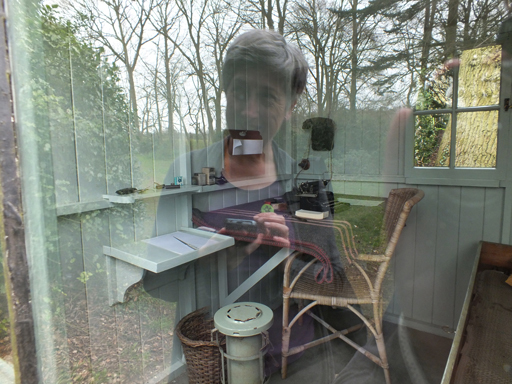5 Reflective learning

Why is there a section about learning at the end of the course? To a large extent, you have reflected on learning throughout the course through being asked to apply the ideas in the course to your own experience. However, here you will think about reflective learning beyond courses such as this one.
Learning may come from learning situations such as seminars, training courses, studying for educational qualifications or other types of course. This learning is sometimes called formal learning because it is formally taught in classrooms, training venues or online, away from the sites where the knowledge gained is put into practice, i.e. where you work or volunteer.
What often gets missed is that learning also happens, perhaps in smaller, less recognisable ways, all the time through our experience of the world. This type of informal learning often takes place in the workplace (or where you volunteer or interact with others), alongside colleagues and managers, and is usually associated with solving problems or doing something new. This learning depends on your ability to reflect on and draw learning from these experiences (this is often referred to as experiential learning). The next activity asks you to practise reflecting on your experiences.
Activity 8 Learning from work and other experiences
Reflect on your earliest jobs, volunteering or responsibilities and document your thoughts on two or three things you learned from those that you still put into practice today.
Comment
You will have learned numerous things over the years, perhaps particularly from your first job or volunteering role. Many people start working while still at school: for example, working in a shop provides experience of working with customers, cash handling and understanding how to take direction from managers. Learning to be managed and to work with other people who may be very different from you often takes some getting used to.
For some, reflection is quite a natural process but for most of us it is a skill that has to be learned and developed. It is a useful skill to have and you can use it when building your CV for job or volunteering applications, or when seeking promotion. Even if you are not looking for work or a volunteering role, it can help you to relate to others or to help family or friends with career planning or improving their work or volunteering experience.
There are various frameworks that can help you to reflect effectively on your experiences or learning. One of these is Kolb’s cycle of learning, which you will explore in the next section.
